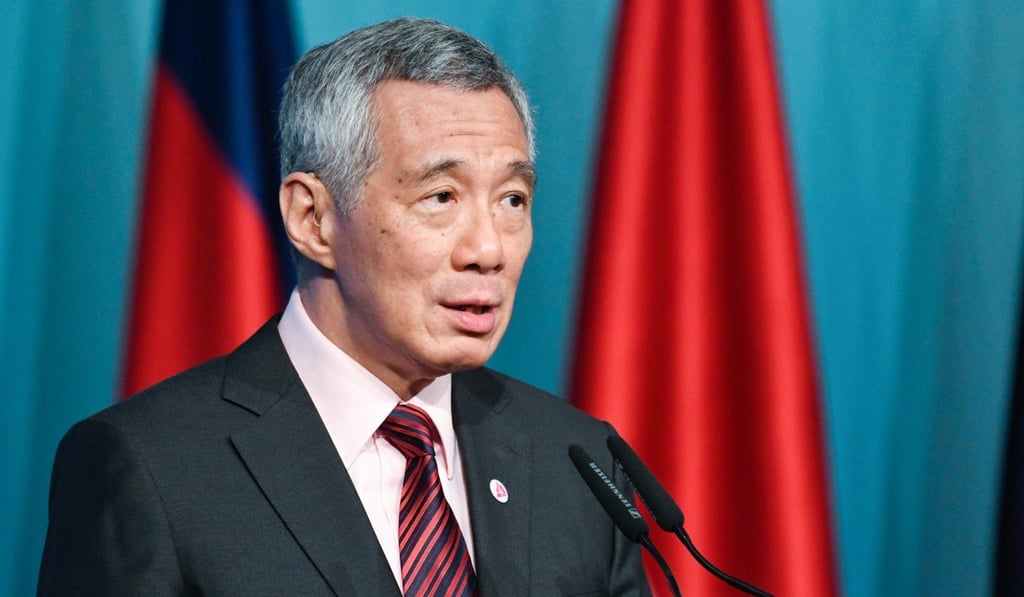Singapore elections: if not in the year’s first quarter, could polls be as late as September?
- Four months after Prime Minister Lee Hsien Loong announced a panel to review election boundaries, there is no clear indication when Singaporeans will be voting
- While the ruling People’s Action Party may still spring a surprise with the date of the polls, the Lion City’s opposition says they will not be caught off guard

Opposition leader Pritam Singh, from the Workers’ Party, tried to force an answer this week by asking the government if the report by the Electoral Boundaries Review Committee (EBRC) was ready. Previous elections have been held less than two months after the release of the report.
But for anyone hoping for a concrete date or even a useful hint, trade and industry minister Chan Chun Sing gave little away. In a written reply, Chan said the committee was still deliberating and when it had completed its work “the report will be presented to this House and released to the public”.
His answer indicated that the window for polls to be held in the year’s first quarter appears to be closing. Elections have to be held by April 2021, but the People’s Action Party (PAP) – which has governed the Lion City for 61 uninterrupted years – rarely waits until the end of a five-year term to get a new mandate.
Analysts said there were other considerations that could result in the election being delayed until the second half of the year, as the government tries to align its priorities.
For now, the trade and industry minister’s response suggested the PAP still needed time to make the necessary administrative preparations to inform voters and get its own party machinery ready for the boundary changes, said Chong Ja Ian, associate professor of political science at the National University of Singapore (NUS).
Felix Tan, an associate lecturer at SIM Global Education, suggested the longer-than-usual time taken by the EBRC could mean there might be some “major redrawing” to be done.
